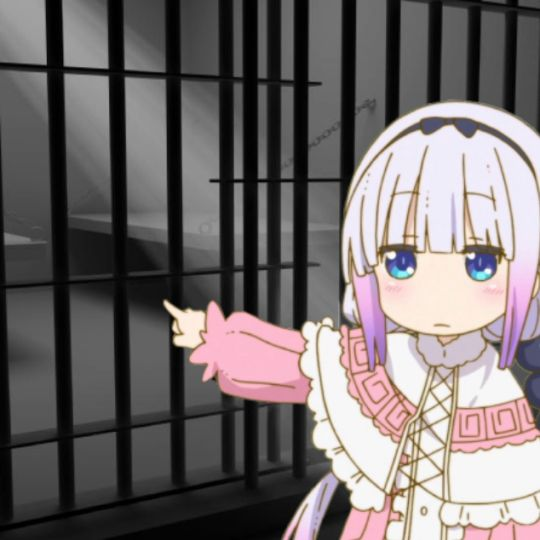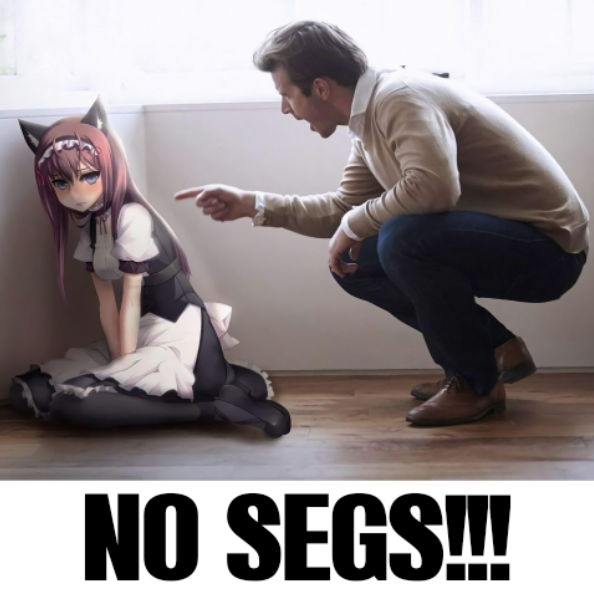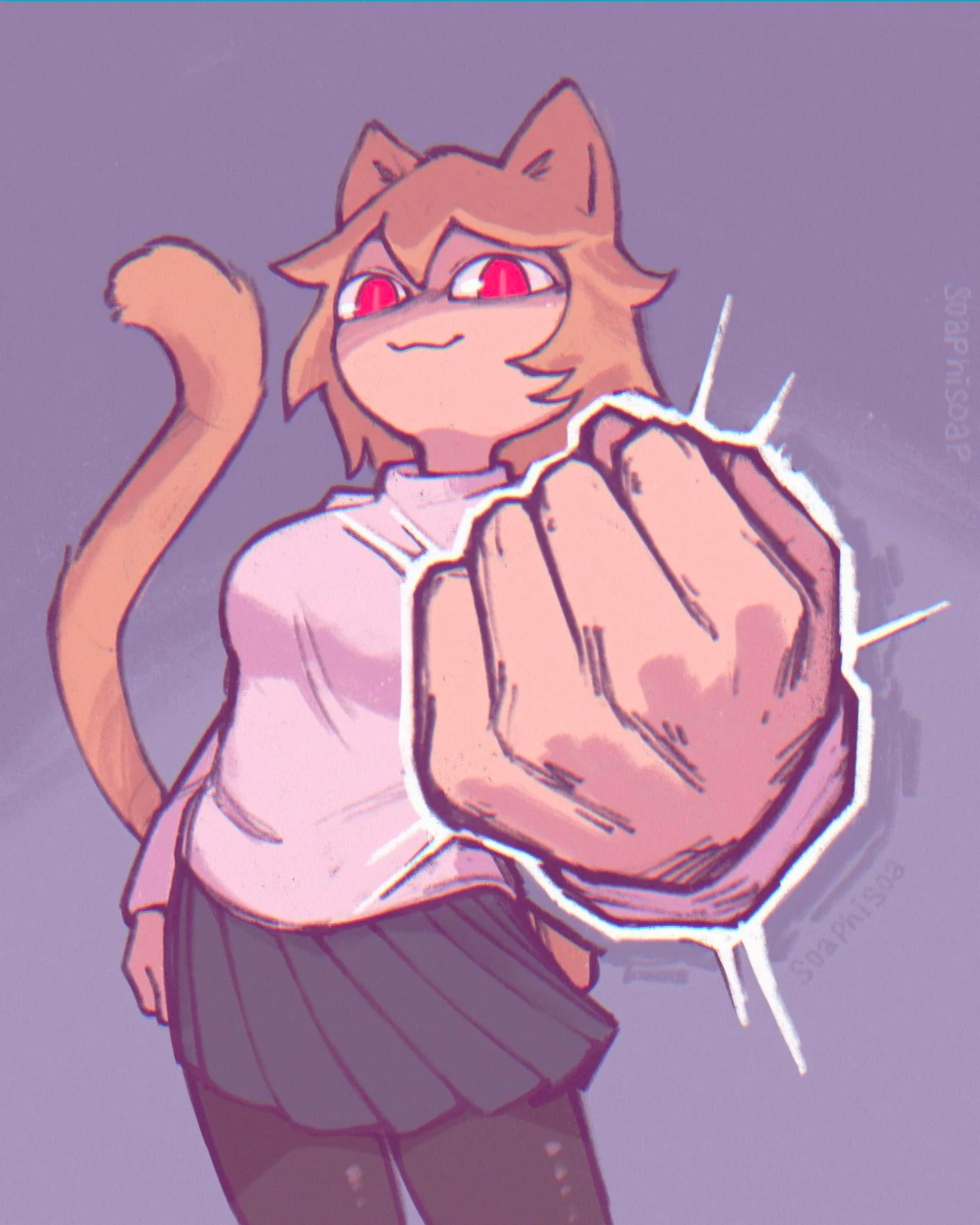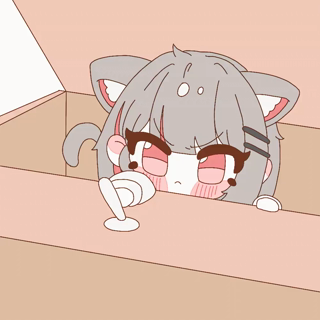Virgin Knight Who Is the Frontier Lord in the Gender Switched World - Chapter 214
- Home
- All
- Virgin Knight Who Is the Frontier Lord in the Gender Switched World
- Chapter 214 - The Inquisition Begins (Vol 11 - The Inquisition Arc - Part 2)
Finally, the day has come. Today marks the commencement of the Inquisition.
The location is the Cathedral.
Presiding over the inquisition as the inquisitor is none other than Pope Yulia herself, and this has been widely communicated to the populace.
It was the newspapers that informed the citizens of this.
In Windbona, the imperial capital and a large city, several newspapers—ranging from gossip to factual reporting—are deeply embedded in the city’s culture.
The headlines read:
Breaking News from Windbona!
“The Cardinal of Cologne is Finally Dragged into the Inquisition!”
Recently, it has become well known that the Archbishop of Mainz brought the second princess, Anastasia, and “The Blood Fairy” Valiere, to an inquisition.
“Are you a heretic?”
It all began with that question.
“The Cologne sect is heretical. It must be purged and cleansed. The teachings and leaders of the Cologne sect clearly blaspheme the Scriptures.”
In response to the Archbishop’s accusation, the Blood Fairy Valiere, soaking in a bathtub filled with the blood of bandits, answered with her sword.
“I have no reason to indulge the jealousy of corrupt orthodoxy! Die, you wretch! May you perish, Archbishop of Mainz!”
The result is something our dear readers already know!
Valiere’s overwhelming victory. The Blood Fairy, drenched in blood, spat and shouted:
“Do you fools who claim orthodoxy think you can defeat me?! Take everything—wine, gold, men—claim it all!”
Many will remember the battle where Valiere trampled the defeated Archbishop of Mainz as he prostrated himself in shame.
Where was orthodoxy?
If God truly supported the orthodox, how could they possibly lose to Valiere, the embodiment of cruelty?
That’s what everyone thought.
It may be said that this was just something the Archbishop of Mainz did on his own, that the orthodox party was unaware of, but this is now a challenge.
The words of the Blood Fairy were essentially a challenge to orthodoxy itself.
A challenge had been thrown at the orthodox Pope, and she responded.
She intended to clarify what was orthodox and what was true.
The message was clear: “We will be waiting in the Cathedral.”
From that moment, it was decided that everything would converge in the imperial capital.
A response to the corruption of orthodoxy and a determination of whether the Cologne sect is truly heretical.
A challenge to each other’s faiths was born here.
Yes, tomorrow!
In the Cathedral, the three Electors currently in the capital—Anhalt, Virendorf, and Mainz—will gather, and Pope Yulia will deliver her final verdict on everything.
Is orthodoxy truly “orthodox”?
Is heresy truly “heresy”?
To determine that, there will be a one-time-only inquisition.
Pope Yulia will render her judgment on everything at that time.
Simultaneously, the result will undoubtedly lead to chaos.
The three Electors have already hidden their forces in various parts of the capital.
The Pope, too, has her troops gathered and ready in the Cathedral.
Both sides have powerful armies, prepared to kill and be killed.
At the mere signal, everyone will spring into action to kill their enemies.
A fight to the death, in the name of faith.
The celebration of Elector Anastasia’s ascension now seems irrelevant.
There are signs of turmoil in Windbona.
“Beloved citizens, please stay away from the Cathedral! You could be caught in the chaos and die!!”
Upon finishing the article, it was thrown aside.
“Ridiculous!”
Anastasia was displeased.
It bothered her that her sister Valiere was portrayed as a bloodthirsty fairy who revels in bathing in the blood of bandits.
And as she herself was often referred to as “Man-eating Anastasia,” she was sensitive to such rumors.
“…The recent newspapers are terribly exaggerated. According to this, your sister seems to be the main character.”
Virendorf Elector Katarina scoffed and threw the newspaper aside.
It landed near Elector Eugen of Mainz.
“The emperor seems unable to keep things under control. Newspapers, even with some lies, are freely circulating.”
“There’s hardly any censorship these days.”
“In Mainz, we censor the newspapers, but that also costs money, doesn’t it?”
“Though slander and rumors should be suppressed, it’s also a strategy to trust the intellect of the educated who read such things.”
“Still, this is a bit much.”
Eugen, now officially recognized as an Elector by his homeland, grumbled.
“It doesn’t matter what the newspapers say. What’s important is whether we win or lose…”
The poor-quality newspaper crumpled in Eugen’s hands.
He tossed it aside, where it rolled on the ground.
Anastasia, watching, stood up.
“…Duke Temeraire, what about the deployment of the troops?”
“Already in place. Troops are stationed around the Cathedral, so there should be no problem from the outside. The problem lies within. We don’t know how many superhumans the Pope has inside the Cathedral… nor the full extent of the Pope’s own strength.”
With a grim expression, Duke Temeraire kicked the newspaper that had rolled to her feet far away.
The four of them were having this conversation at Duke Temeraire’s mansion.
For someone as fastidious as she, the Electors dirtying her house so casually was deeply unpleasant.
“Sabine has killed a clergyman with the authority to attend the inquisition and ‘replaced’ them, but the Pope has already anticipated this. Additionally, it would have been feasible to have Faust stand guard outside the room under the pretense of being a bodyguard. However, letting him calmly stand in the inquisition chamber itself, even with the power of an Elector, is risky.”
One of the three Electors was about to click her tongue at Duke Temeraire but stopped.
“If Faust were to suddenly fly into a rage and lash out in response to insults or mistreatment toward the Cologne sect, that would be a problem. I think I understand him well enough. It’s best to have him stationed outside the room. If necessary, just call out his name. He’ll break down the door and storm in immediately.”
The others seemed to accept this reasoning. After all, they knew Faust had a tendency to fly into sudden fits of rage.
“Nahid and the assassins under his command—they’re foreigners and too conspicuous. It’s better to assign them to guard outside as well.”
“You’re still planning to conduct the inquisition properly, then?”
“That’s what I hope for. The Cologne sect is the one that wants the inquisition to proceed. The whole process is just a ritual where both the Pope and the Cologne sect will reveal their true intentions. The Pope, honestly, doesn’t care whether the Cologne sect is heretical or not.”
This isn’t some trivial theological debate about whether the Earth revolves around the sun or vice versa, like the geocentric and heliocentric models.
The church had long accepted the heliocentric model as correct—Orthodox Copernicus had already discussed it. This is not some “irrelevant issue” for the public.
It’s not about whether something is orthodox or heretical; that’s not the real issue.
Duke Temeraire spoke up.
“Let me reconfirm the purpose. The inquisition must proceed—not because the Pope wants it, but because the Cologne sect demands it. The Cardinal of Cologne will stand at the inquisition not to satisfy the Pope, but to question her true intentions.”
Temeraire muttered this anxiously, clearly expressing the hope that no one would lose control.
“You’re asking me not to act until it’s over, right? Understood.”
Anastasia sighed in frustration, lightly tapping her temple with her finger. She couldn’t understand why they needed to cater to the whims of the Cologne sect.
In her mind, it was clear that once everything was over, she would kill the Pope.
That was the expression on her face.
None of the three Electors harbored any doubt about their intent to kill. That was the one thing they were absolutely unwavering about.
Duke Temeraire let out a deep sigh, while the attendants nearby looked weary.
Among them, only one—Faust, who had been standing against the wall inside the room—picked up the crumpled newspaper from the floor.
“Faust, what’s the matter?”
“Something caught my attention. There’s a letter from the Cologne sect.”
Faust straightened the wrinkled paper and showed a small column on the side where the Cologne sect’s letter was printed.
A Letter from the Cologne Sect
“Theology, in its entirety, is a pursuit of wisdom. The fruits of this wisdom will reveal the happiness of humanity to us. For the Cologne sect, this pursuit of wisdom means learning that we are, after all, nothing more than humans and leading ourselves to the fulfillment of what it means to be human. This is the only way to transition from this ‘hell’ to ‘happiness.’ The Cardinal of Cologne will impart this to the Pope.”
Faust traced his finger over the letter and carefully tore it out, folding it and slipping it into his chest pocket.

































